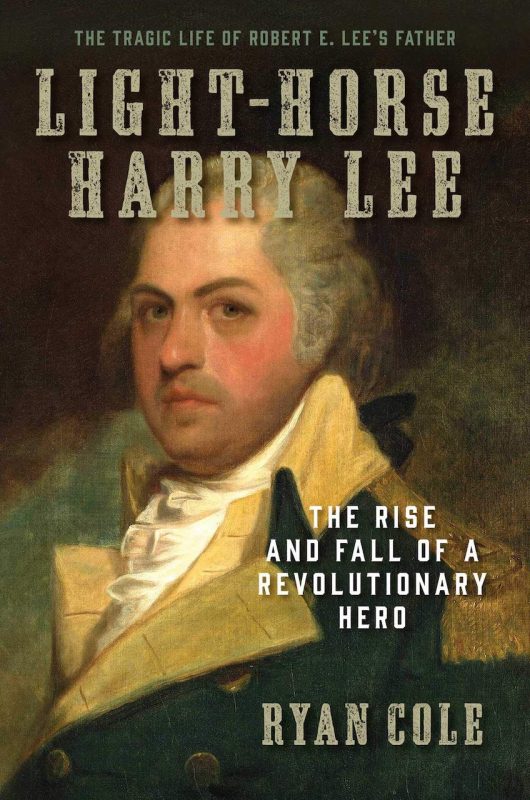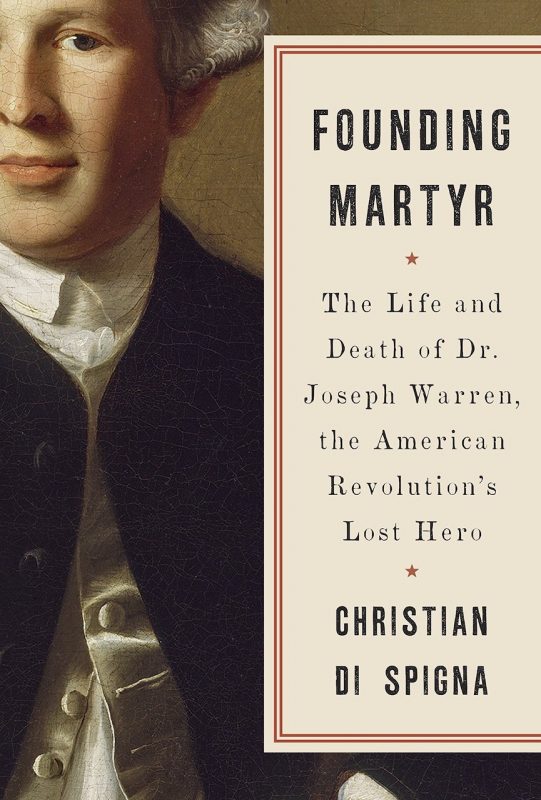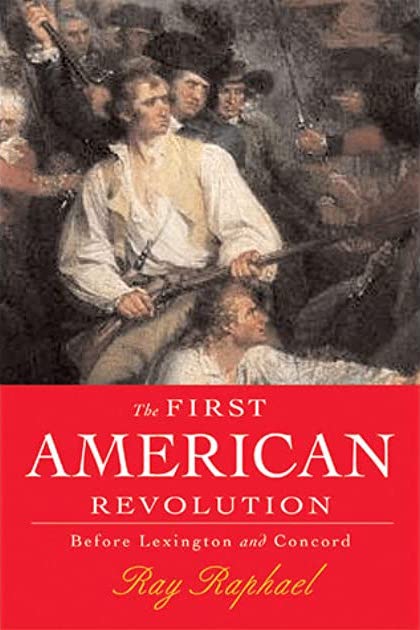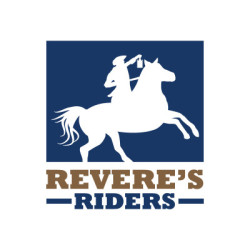New Books: “Light-Horse Harry Lee”, “Founding Martyr”, “The First American Revolution”
We have added three new books to our online store, each of which deals with relatively unknown aspects of the American Revolution.
Light-Horse Harry Lee: The Rise and Fall of a Revolutionary Hero
From the dust jacket description:

Who was “Light-Horse Harry” Lee?
Gallant Revolutionary War hero. Quintessential Virginia cavalryman. George Washington’s trusted subordinate and immortal eulogist. The father of Robert E. Lee. Ruthlessly effective Southern Campaign commander whose victories paved the way for American triumph at Yorktown. Patriarch of a grand Virginia family. Husband to a woman so admired and sought after that she was known as the “Divine Matilda”. Founding father who shepherded the Constitution through the Virginia Ratifying Convention. Stalwart defender of the Union against all enemies, foreign and domestic.
Lee was all of those things.
But he was also: A confidence man. A drifter. Imprisoned for debt. Caught up in sordid squabbles over squalid land deals. Maimed for life by an angry political mob.
Light-Horse Harry Lee’s life was tragic, glorious, and dramatic, but perhaps because of its sad, ignominious conclusion historians have rarely given him his due–until now.
Founding Martyr: The Life and Death of Dr. Joseph Warren, the American Revolution’s Lost Hero
From the Wall Street Journal:

Before George Washington, before Thomas Jefferson, even before Alexander Hamilton, there was Joseph Warren. A British commander once called him “the greatest incendiary in all America.” Warren stood at the center of the colonial intrigue against the British in Boston, yet his story has largely been obscured by history. The future of America’s nascent revolution was still in doubt in 1775 when Warren, at the age of 34, was shot and killed during the Battle of Bunker Hill. At the time, he was still considered a rebel and traitor to the King: There was not yet a Declaration of Independence, no Articles of Confederation, no Constitution, no United States. Warren and his allies set the groundwork for these milestones of independence during a period when the majority of colonists were still opposed to armed rebellion.
The First American Revolution: Before Lexington and Concord
From the dust jacket description:

In the years before the Battle of Lexington and Concord, local people took control over their own destinies, overturning British authority and declaring themselves free from colonial oppression, with acts of rebellion that long predated the Boston Tea Party. In rural towns such as Worchester, Massachusetts, local democracy set down roots well before the Boston patriots made their moves in the fight for independence. Until now, few of these true founding fathers have made it into the historical record.

You must be logged in to post a comment.